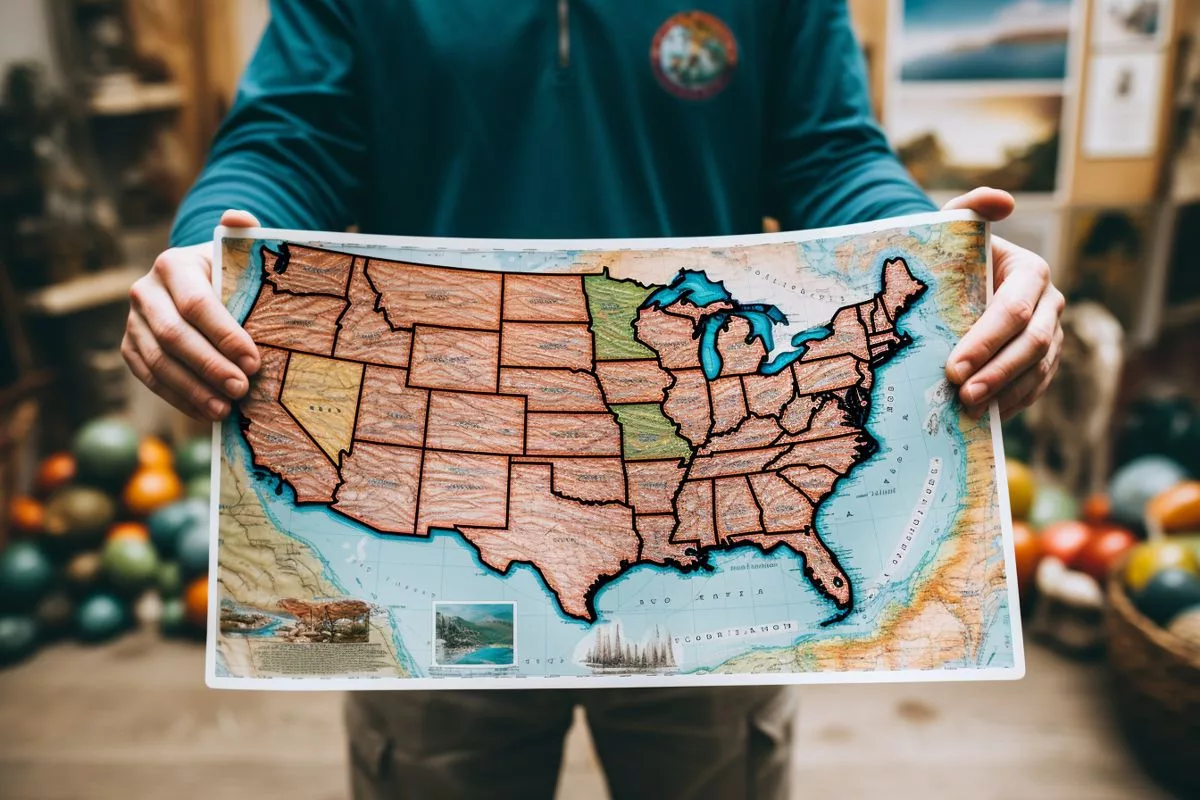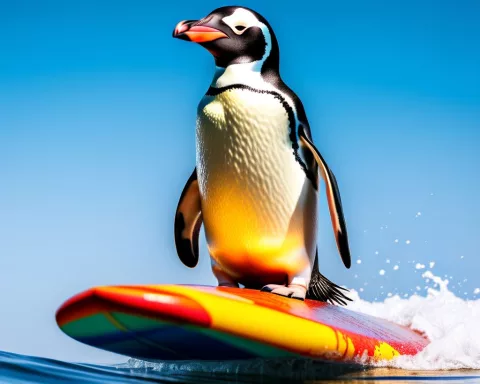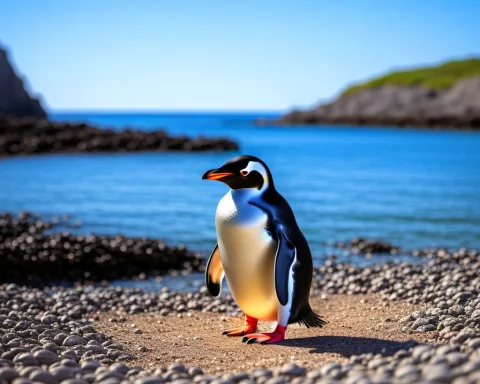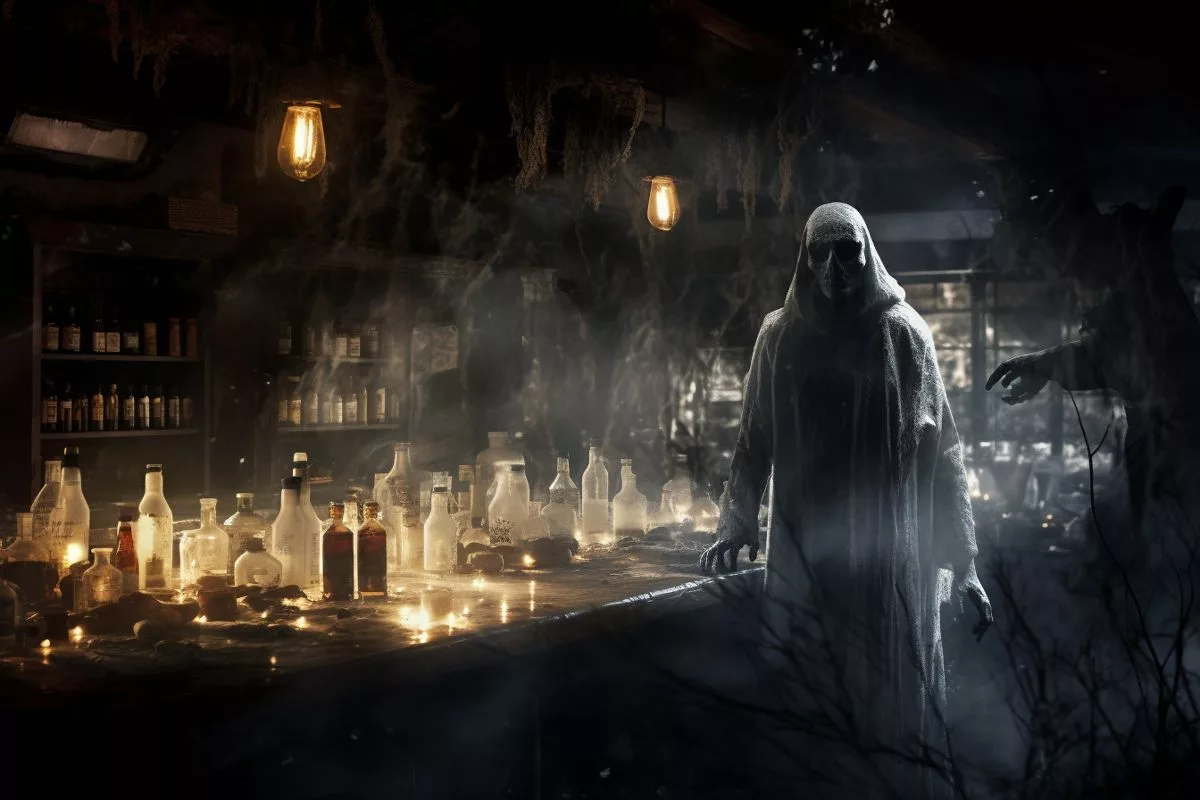The revised entry fees for five national parks in the Western Cape, including Agulhas, Bontebok, Table Mountain, Tankwa Karoo, and West Coast National Parks, aim to strengthen conservation efforts and preserve the country’s biodiversity, landscapes, seascapes, and heritage assets. The revenue generated from these entry fees goes back into conservation efforts. Visitors are encouraged to explore these extraordinary landscapes and take advantage of various deals and discounts available for trips in and around Cape Town.
What are the revised entry fees for Western Cape’s national parks?
The South African National Parks (SANParks) organization has modified the entry fees for Agulhas, Bontebok, Table Mountain, Tankwa Karoo, and West Coast National Parks. The changes aim to strengthen conservation initiatives and preserve the country’s abundant biodiversity, landscapes, seascapes, and heritage assets. The revised fee structure varies depending on the park and visitor category, but all revenue generated from these entry fees is directed back into conservation efforts.
Updated Entry Fees for Agulhas & Bontebok National Parks
The South African National Parks (SANParks) organization has modified the entry fees for the Western Cape’s national parks, following the annual tariff increases that began on 1 November 2023. These changes aim to strengthen conservation initiatives in South Africa, primarily focusing on the preservation of the country’s abundant biodiversity, landscapes, seascapes, and heritage assets.
Agulhas National Park visitors will encounter a revised fee structure. South African citizens now pay R55, a slight increase from R52. Children under 12 pay half the price at R27, while those under two years old maintain free entry. Rates for foreign visitors vary depending on their origin: travelers from Southern African Development Community (SADC) countries incur a fee of R110, while other international guests must pay R220. Child rates for these categories are R55 and R110, correspondingly.
Bontebok National Park has also made adjustments to its daily conservation fees. South African residents now pay R55, while children under 12 are charged R27, and infants under two years old receive free entry. Visitors from SADC countries will pay R85, and those from other countries incur a fee of R169. Child rates for both categories are R42 and R85, respectively.
Table Mountain National Park and Tankwa Karoo National Park Fee Alterations
Table Mountain National Park has experienced changes in its tariff structure, affecting various sections, including the Boulders Penguin Colony, Cape of Good Hope, Newlands, Oudekraal, Silvermine, and the Tokai picnic and braai area. The revised entry fees are detailed in the table below:
Tankwa Karoo National Park, celebrated for its arid beauty, has also updated its fees. South African citizens now pay R55, children under 12 pay R27, and those under two years old enter for free. SADC country visitors incur a fee of R110, while those from other foreign countries must pay R220. Child rates for these categories are R55 and R110, correspondingly.
West Coast National Park and Flower Season Rates
The West Coast National Park has introduced a new rate of R74 for South African residents, up from R70. Children under 12 pay R37, and infants under two enter for free. Both SADC and other foreign visitors must pay R116, with child rates set at R58.
During the highly anticipated flower season, entry fees undergo a temporary change. South African citizens pay R110, while children under 12 pay R55. Rates for visitors from SADC countries are set at R169, while those from other foreign countries incur a fee of R247. Child rates for these categories are R85 and R124, respectively.
Revenue Allocation and Tourist Opportunities
All revenue generated from these entry fees is directed back into conservation efforts. This dedication to preserving South Africa’s natural and cultural treasures ensures that future generations can enjoy these national parks. With these revised entry fees, visitors can continue to explore the Western Cape’s extraordinary landscapes, knowing their financial contributions play a crucial role in maintaining these invaluable resources.
Besides exploring the national parks, visitors should take advantage of various deals and discounts available for trips in and around Cape Town. For example, embark on a round trip from Cape Town to the Winelands and back for R2 449 (valued at R3 500) or browse car listings for vehicles under R100 000. By leveraging these offers, tourists can optimize their journey while supporting the local economy.
What is the purpose of the revised entry fees for Western Cape’s national parks?
The revised entry fees for the Western Cape’s national parks aim to strengthen conservation efforts and preserve the country’s biodiversity, landscapes, seascapes, and heritage assets.
Where do the revenues generated from these entry fees go?
All revenue generated from these entry fees goes back into conservation efforts, ensuring that future generations can enjoy these national parks.
Which national parks in the Western Cape have revised entry fees?
The revised entry fees apply to Agulhas, Bontebok, Table Mountain, Tankwa Karoo, and West Coast National Parks.
How do the revised fees vary depending on visitor category?
The revised fee structure varies depending on the park and visitor category. South African citizens and children under 12 pay a reduced price, while international visitors from Southern African Development Community (SADC) countries incur a fee and other international guests must pay a higher rate.
What are the new entry fees for Agulhas National Park?
South African citizens now pay R55, children under 12 pay R27, and those under two years old enter for free. Rates for foreign visitors vary depending on their origin: travelers from Southern African Development Community (SADC) countries incur a fee of R110, while other international guests must pay R220.
What are the new entry fees for Bontebok National Park?
South African residents now pay R55, while children under 12 are charged R27, and infants under two years old receive free entry. Visitors from SADC countries will pay R85, and those from other countries incur a fee of R169.
How does Table Mountain National Park’s fee structure look like after revisions?
Table Mountain National Park has experienced changes in its tariff structure, affecting various sections, including the Boulders Penguin Colony, Cape of Good Hope, Newlands, Oudekraal, Silvermine, and the Tokai picnic and braai area. The revised entry fees are detailed on their website.
What is the revenue allocation plan for the entry fees?
All revenue generated from these entry fees is directed back into conservation efforts. This dedication to preserving South Africa’s natural and cultural treasures ensures that future generations can enjoy these national parks.
Are there any tourist opportunities to explore these national parks and the surrounding areas?
Visitors are encouraged to explore the national parks and take advantage of various deals and discounts available for trips in and around Cape Town. Various offers are available like round trips from Cape Town to the Winelands and back or browsing car listings for vehicles under R100 000.












